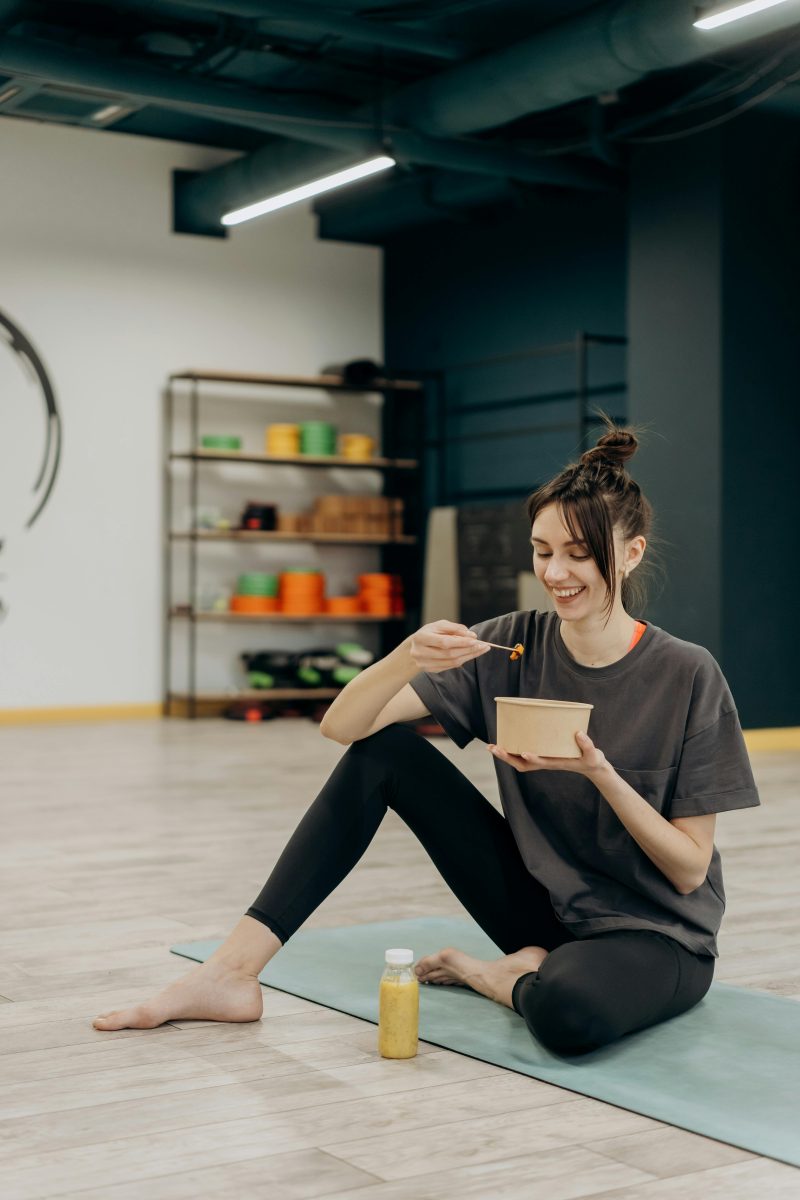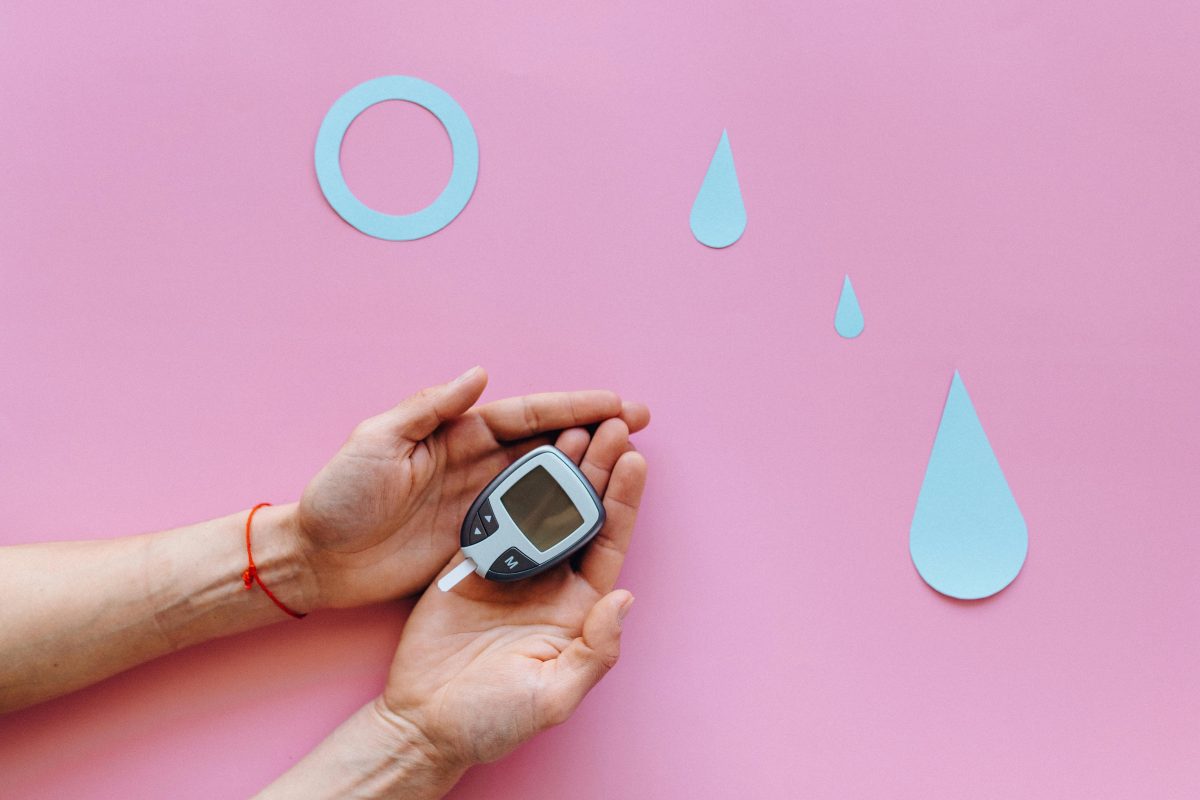Last Updated on: 14th July 2024, 10:57 am
Introduction to Eating Disorders in Athletes

Eating disorders, notably Anorexia Nervosa, Bulimia Nervosa, and Binge Eating Disorder, cast a long shadow over the athletic community. These conditions, characterized by extreme emotions, attitudes, and behaviors surrounding weight and food issues, are more prevalent among athletes than one might expect. The pressure to perform and the emphasis on body image create a dual challenge that can push athletes into a harmful cycle of disordered eating behaviors.
In the realm of sports, where peak performance is often linked with specific body types or weights, athletes find themselves at a crossroads. The pursuit of excellence on the field, track, or gym comes with an intense focus on diet, body shape, and weight control. This focus, while sometimes beneficial, can spiral into obsession, leading to eating disorders that threaten health, well-being, and athletic career.
The significance of these disorders within the athletic community cannot be overstated. They not only impair physical health and performance but also have profound psychological implications. Recognizing the signs early and understanding the importance of a balanced approach to nutrition and body image are crucial steps in prevention and recovery. As we delve deeper into the topic, remember, the goal is not just to perform at one’s best but to ensure that the journey there is healthy and sustainable.
The Unique Pressures Athletes Face

Athletes navigate a complex landscape of challenges, where the demands of aesthetic, weight-class, and endurance sports intersect with societal and media influences. In sports where appearance and weight are critical—like gymnastics, wrestling, and long-distance running—the pressure to conform to an ideal can be overwhelming. These athletes often find themselves in a relentless pursuit of perfection, where every pound and muscle contour is scrutinized.
The influence of society and media further complicates this picture. Athletes, constantly in the public eye, are subjected to an onslaught of idealized body images. This exposure can distort self-perception, fueling dissatisfaction and unhealthy behaviors. The quest for an optimal physique is not just about athletic performance; it becomes a measure of personal worth.
Competitive pressure and performance expectations add another layer of intensity. The desire to excel, to stand atop the podium, drives athletes to push their bodies to the limit. This drive, while a source of motivation, can also lead to a dangerous fixation on diet and exercise as the keys to success. The fear of underperforming or losing one’s place on the team can make the risk of disordered eating seem like a worthwhile gamble.
Understanding these pressures is crucial in addressing the prevalence of eating disorders among athletes. It’s not merely about food or weight; it’s about the environment in which athletes train and compete. A supportive, informed approach can help mitigate these risks, promoting a healthier, more balanced path to athletic achievement.
Early Warning Signs and Symptoms of Eating Disorders in Athletes

- Physical Signs: Sudden weight changes, unusual eating habits, and signs of purging behaviors.
- Psychological Signs: Obsession with food, body image, and weight, signaling underlying distress.
- Performance Signs: Decreased performance, increased fatigue not attributable to training, and more frequent injuries.
Identifying these signs early can make a significant difference in the recovery journey of an athlete. It’s not just about spotting the symptoms; it’s about understanding the pressures athletes face and offering the support they need to overcome these challenges. A proactive, informed approach can help athletes maintain a healthy relationship with food, their bodies, and their sport, paving the way for a fulfilling and successful athletic career.
Prevention Strategies for Eating Disorders in Athletes

Educating athletes, coaches, and support staff about the dangers of eating disorders is the cornerstone of prevention. Awareness programs can illuminate the signs and consequences, fostering a supportive environment where athletes feel safe to seek help. This knowledge empowers the entire team to act swiftly, should concerns arise.
A healthy team culture is invaluable. It prioritizes performance, hard work, and dedication over mere appearance. Such an environment celebrates diverse body types, recognizing that excellence in sport is not confined to a single physique. This approach encourages athletes to focus on their strengths and capabilities, rather than succumbing to the pressure of attaining an unrealistic body image.
Nutritional guidance, tailored to the unique demands of athletic performance, plays a pivotal role. Expert advice on balanced diets ensures athletes receive the fuel they need for training and competition, without resorting to harmful eating practices. This guidance not only supports physical health but also reinforces positive attitudes towards food and body image.
Together, these strategies form a robust defense against eating disorders in the athletic community. By fostering awareness, promoting a positive team culture, and providing nutritional support, we can help athletes pursue their passions while maintaining a healthy relationship with food and their bodies.
Intervention and Support Systems

Recognizing and addressing eating disorders in athletes requires a team effort. Coaches, teammates, and family members play a pivotal role in this process. Their close proximity and daily interactions with athletes position them uniquely to notice early warning signs. Coaches can foster a culture of health and well-being, emphasizing the importance of nutrition and mental health alongside physical training. Teammates, often the first to notice changes in behavior, can offer peer support, encouraging those struggling to seek help. Family members provide a critical support system, offering love, understanding, and encouragement throughout the recovery journey.
Professional resources are indispensable in the treatment and recovery from eating disorders. Nutritionists specialize in creating tailored eating plans that meet the athlete’s physical demands while promoting a healthy relationship with food. Psychologists and therapists address the underlying psychological factors, such as body image issues and stress management. Specialized treatment programs offer comprehensive care, integrating medical, nutritional, and psychological therapies to support recovery.
Creating a supportive environment is essential for recovery. This involves open communication, education, and a shift in focus from weight and appearance to performance and well-being. It’s about building a community that values health and happiness over winning at any cost. Such an environment not only aids in the recovery of those affected but also creates a preventive framework that can deter the development of eating disorders among athletes.
Recovery and Rehabilitation

The road to recovery from an eating disorder is often long and winding, marked by both challenges and milestones. Athletes, accustomed to discipline and perseverance, may find this journey uniquely demanding. The physical strain of past eating habits must be addressed, and the psychological roots of the disorder confronted. Each step forward, from acknowledging the problem to seeking help, is a victory in its own right.
- Nutritional rehabilitation is a cornerstone of recovery, requiring a delicate balance of science and empathy. It’s not just about meal plans or calories; it’s about fostering a healthy relationship with food. Athletes learn to see food as fuel, not as an enemy or a measure of self-worth. This shift is crucial, as it lays the foundation for lasting recovery and a return to peak performance.
- Psychological support is equally vital. Therapy options abound, from cognitive-behavioral therapy to group sessions, each offering a path to healing. Coping strategies are tailored to the individual, ensuring that each athlete has the tools to manage stress, resist old habits, and build a resilient mindset. The support of therapists, coupled with the solidarity of peers, creates a powerful network that emboldens athletes to reclaim their health and their careers.
Ultimately, recovery is not just about overcoming an eating disorder; it’s about rediscovering joy in the sport and in life. With each step, athletes rewrite their stories, not as victims of their condition, but as champions of their own well-being.
Beyond Recovery: Building Resilience and a Positive Body Image

- Maintaining a healthy mindset is pivotal in preventing relapse. Athletes can cultivate resilience by setting realistic goals, celebrating progress, and embracing setbacks as learning opportunities. Regular self-reflection helps in recognizing triggers and developing coping strategies that reinforce a positive self-image.
- The journey towards holistic health encompasses physical, mental, and emotional well-being. A balanced diet, adequate rest, and consistent exercise form the physical foundation. Mental well-being is nurtured through mindfulness practices, stress management techniques, and seeking professional support when needed. Emotional health is bolstered by building strong relationships, engaging in activities that bring joy, and practicing self-compassion.
- Empowering athletes to redefine success and self-worth beyond physical appearance is crucial. Encouraging a focus on performance, effort, and personal growth shifts the emphasis from how athletes look to what they can achieve. Celebrating diverse body types and fostering an environment where athletes feel valued for their unique contributions can significantly enhance self-esteem and body image.
Together, these strategies not only support recovery but also pave the way for a fulfilling, balanced life, both in and out of sport. By prioritizing holistic health and redefining success, athletes can build a resilient mindset that transcends physical appearance, fostering a positive body image and a healthier relationship with themselves and their sport.
In Closing
Athletes conquer more than just competitions. This journey, fraught with challenges, also harbors profound joy and resilience. It’s a delicate balance between acknowledging the risks and celebrating the victories, where every step towards recovery is a testament to an athlete’s strength. Through education, support, and a commitment to holistic health, athletes can redefine success, embracing a life where performance and well-being coexist harmoniously. Let’s champion a future where every athlete’s worth is measured not by their physique, but by their spirit and achievements.
Eating Disorders in Athletes: Prevention and Recovery FAQs
Yes, sports that emphasize leanness or have specific weight categories, such as gymnastics, wrestling, and ballet, tend to have higher rates of eating disorders. Athletes in these sports may feel intense pressure to maintain a lower body weight to enhance performance or meet category requirements. Recognizing and addressing this issue within these sports communities is crucial for prevention.
Yes, male athletes can and do suffer from eating disorders, although they are often less recognized and diagnosed than in female athletes. The stigma surrounding eating disorders can make it difficult for male athletes to seek help, and there may be a misconception that these issues only affect women. Awareness and education about eating disorders in male athletes are essential for early detection and intervention.
Recovery involves a multidisciplinary approach that includes medical treatment, nutritional counseling, and psychological support. It’s important for the athlete to work with a team of professionals who understand the unique challenges athletes face. Recovery is a gradual process that focuses on restoring physical health, addressing underlying psychological issues, and developing a healthy relationship with food and body image.
Coaches can help by promoting a healthy team environment that focuses on nutrition, performance, and well-being rather than weight. They should be educated on the signs of eating disorders and encourage open communication with athletes about their health and nutrition. Additionally, coaches should avoid making comments about an athlete’s body shape or weight.
Overtraining can be both a cause and a consequence of eating disorders in athletes, as it may stem from an obsession with exercise as a means to control weight. This cycle of excessive exercise and inadequate nutrition can lead to physical and psychological health issues, further entrenching disordered eating behaviors. Recognizing and addressing overtraining is a critical component of preventing and recovering from eating disorders.
Common signs include excessive concern with body weight, extreme dietary restrictions, and a noticeable decline in athletic performance. Athletes might also exhibit behaviors such as avoiding team meals or showing signs of distress about eating in public. These symptoms can lead to serious health issues if not addressed promptly.
Untreated eating disorders can lead to severe health complications, including cardiovascular issues, bone density loss, and electrolyte imbalances. These conditions not only jeopardize an athlete’s career but also their overall long-term health and well-being. Early detection, intervention, and ongoing support are vital to mitigate these risks and promote recovery.
Social media can exacerbate body image issues and eating disorders in athletes by promoting unrealistic body standards and comparison. Athletes may be exposed to a constant stream of images and messages that glorify thinness and specific body types, increasing the pressure to conform. It’s important for athletes to critically assess the content they consume and seek support if social media negatively impacts their body image or eating behaviors.
Nutritional strategies should focus on restoring balance and ensuring the athlete receives adequate energy and nutrients to support their recovery and athletic performance. A registered dietitian can develop a personalized eating plan that addresses the athlete’s specific needs, helps repair any nutritional deficiencies, and gradually reintroduces a variety of foods. This approach also includes education on the importance of fueling the body properly for both health and performance.
Body image can play a significant role, as athletes may feel pressure to maintain a certain physique for performance or aesthetic reasons in their sport. This pressure can lead to unhealthy eating behaviors and obsessive exercise as athletes strive to meet unrealistic body standards. It’s important for athletes to have access to resources that promote body positivity and realistic health goals.
Orlando is a all round athlete from Australia, now resident in Germany. His sports of passion of American Football(Offensive line), weight training and indoor rock climbing where he uses his 195cm wing span to his advantage.



